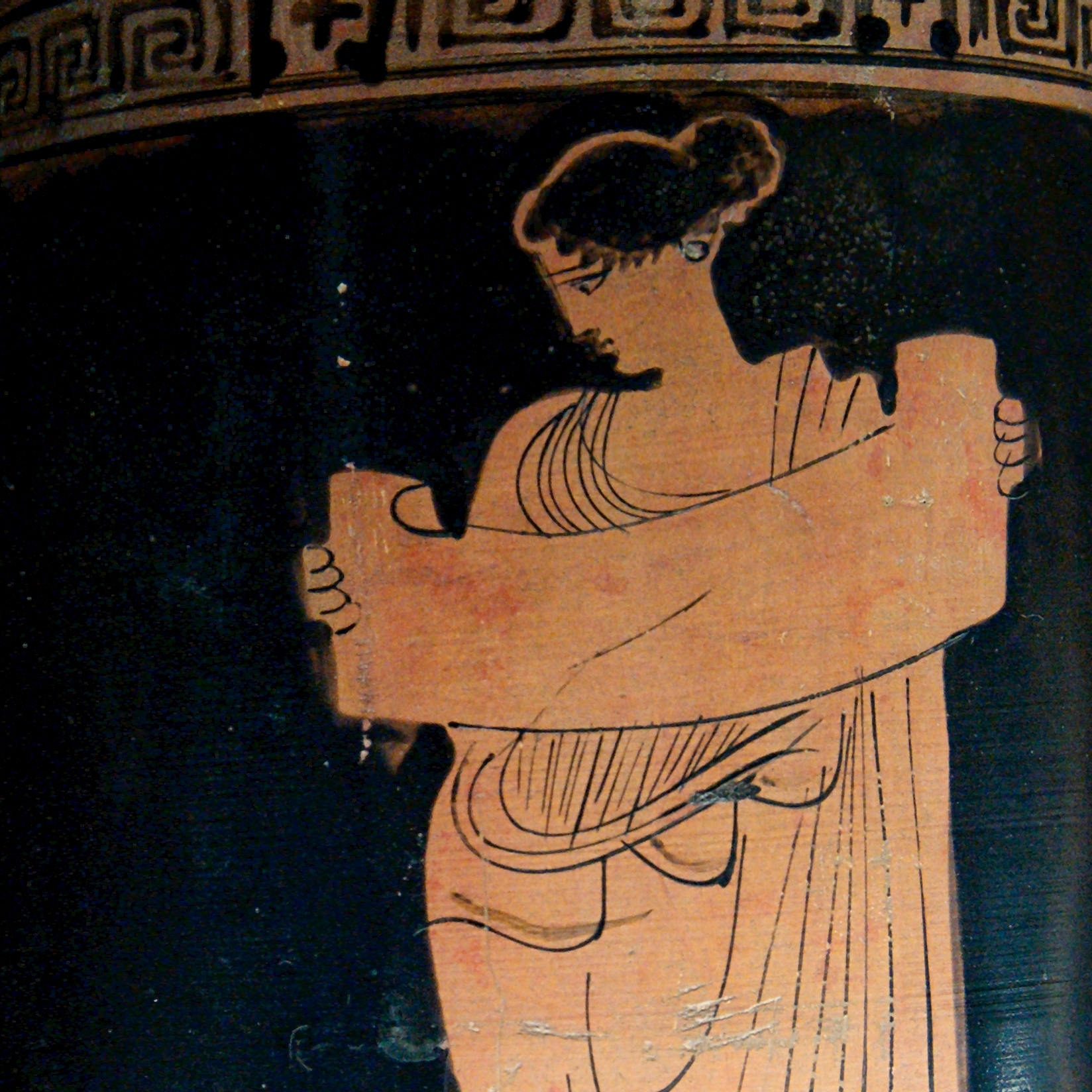Intensive Beginner's Ancient Greek
This intense short course is aimed at postgraduate students and researchers and assumes no knowledge of ancient Greek. The course will show complete beginners how they can use even a small knowledge of Greek to help them become less reliant on English translations for key points. It outlines the main elements of Attic Greek by looking at some of the key features of this inflected language (so different from English, more overlap with Latin). It lays out some basic morphology (article, nouns, verbs, and adjectives) and lays the foundations for further learning. By the end of the week, students will be able to identify some grammar forms and structures and use grammar books and a lexicon to determine their own understanding of the meaning of a sentence.
The ability to read the Greek alphabet is required before the first session: some initial materials will be circulated a week before the course starts, including audio files. As this is an intensive course, a substantial amount of independent study and practice of what will be taught in class will be expected: ideally at least four half-hour sessions each day. Tasks will be given to be completed in your own time before the following session. Every session will consist of grammar material and exercises.

Muse reading a scroll.
Attic red-figure lekythos, ca. 435-425 BC.
